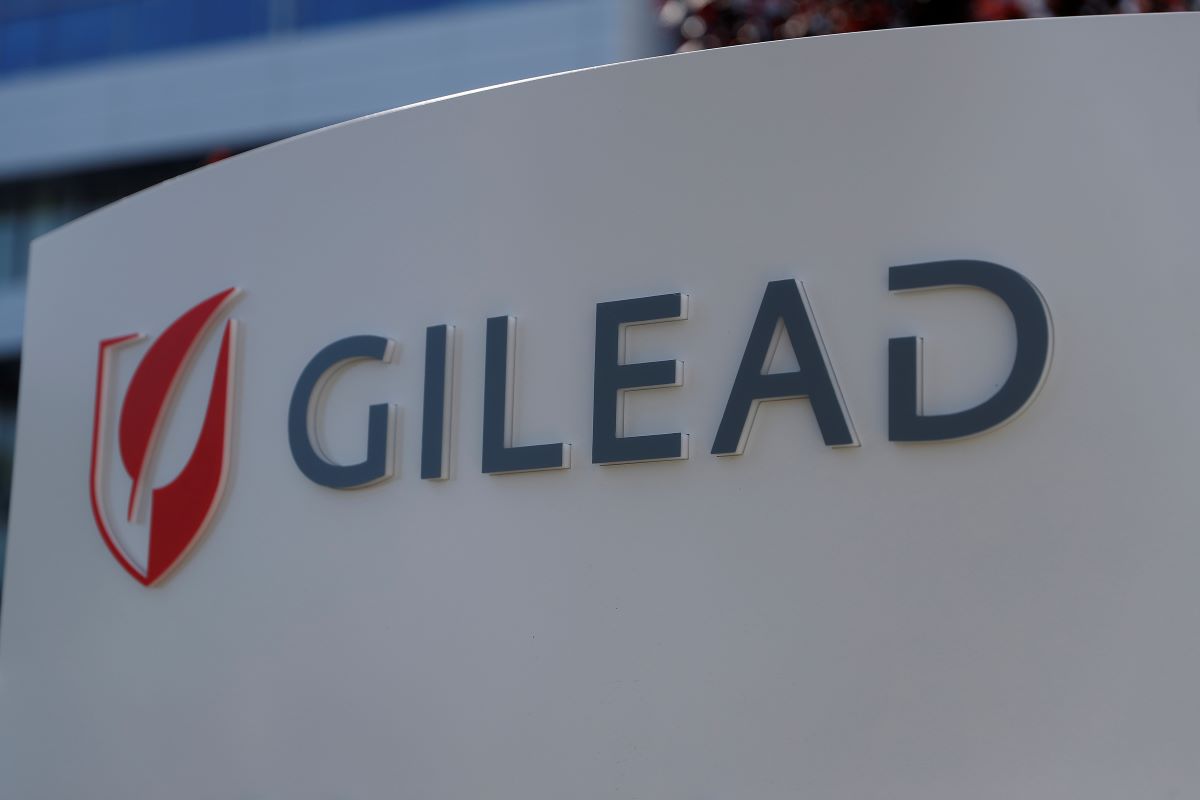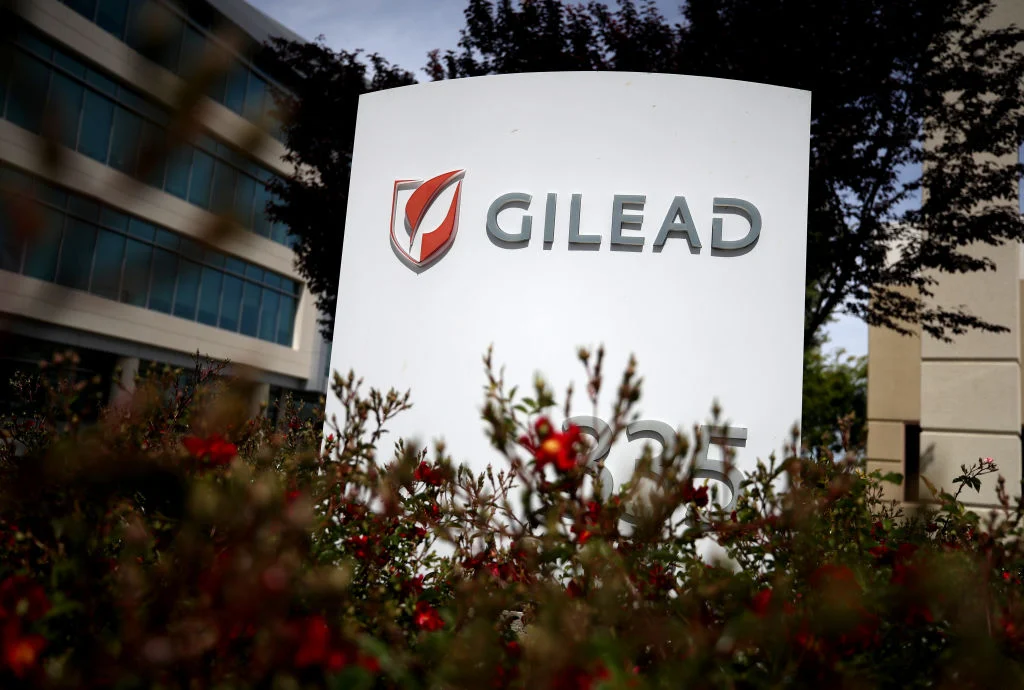Gilead shares dropped over 10% on Monday after a key drug from the company failed to significantly extend the lives of patients with a certain type of lung cancer in a late-stage trial.
The trial results represent a setback for Gilead, which has been striving to establish itself as a major player in the oncology field.
Trodelvy, the drug in question, is one of Gilead’s top-selling cancer treatments, accounting for about a third of the company’s $769 million in oncology revenue during the third quarter.
The phase-three trial was part of Gilead’s efforts to broaden the use of Trodelvy, which has already been approved for treating some forms of breast and bladder cancers.
According to Gilead, patients with advanced or metastatic non-small cell lung cancer who received Trodelvy lived longer than those treated with chemotherapy alone.
However, the results did not meet the trial’s success criteria.

The company stated that it will engage with regulators to review the findings and look for whether specific subgroups of lung cancer patients could still benefit from Trodelvy.
Trodelvy belongs to a class of treatments known as antibody-drug conjugates (ADCs), which are highly sought after in cancer therapy.
These drugs deliver cancer-fighting agents directly to cancer cells, reducing harm to healthy cells, unlike standard chemotherapy, which affects both cancerous and healthy tissues.
ADCs are one of the most rapidly growing sectors in the pharmaceutical industry, with many large drugmakers forming partnerships or acquisitions to develop these treatments.
Michael Yee, an analyst from Jefferies, commented that the trial’s outcome was not “entirely surprising” since earlier studies provided mixed results and competing drugs have shown “lackluster” data.
Yee also noted that the trial’s disappointing results might dampen investor confidence in Gilead’s potential to achieve significant growth in the oncology market.







Leave a Reply